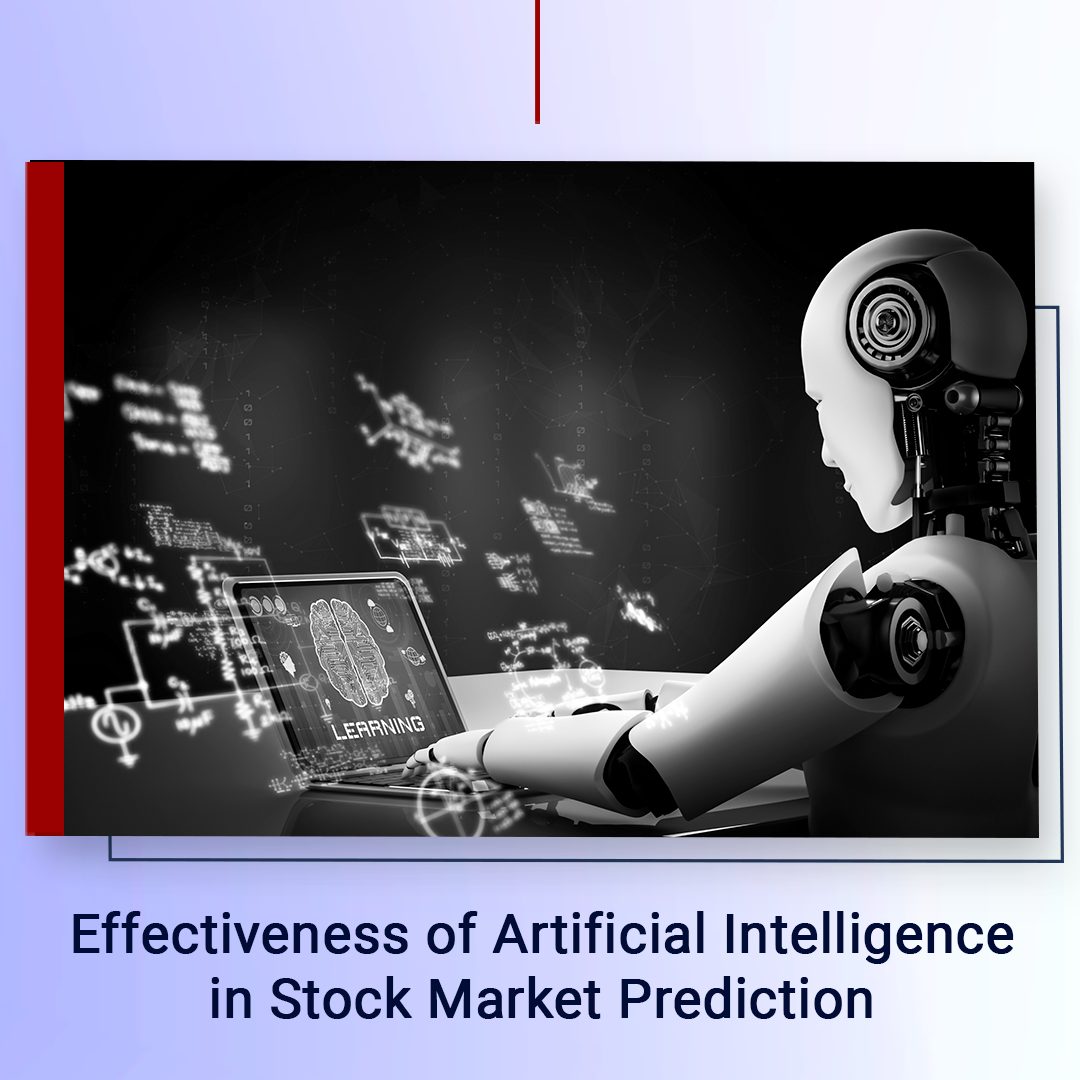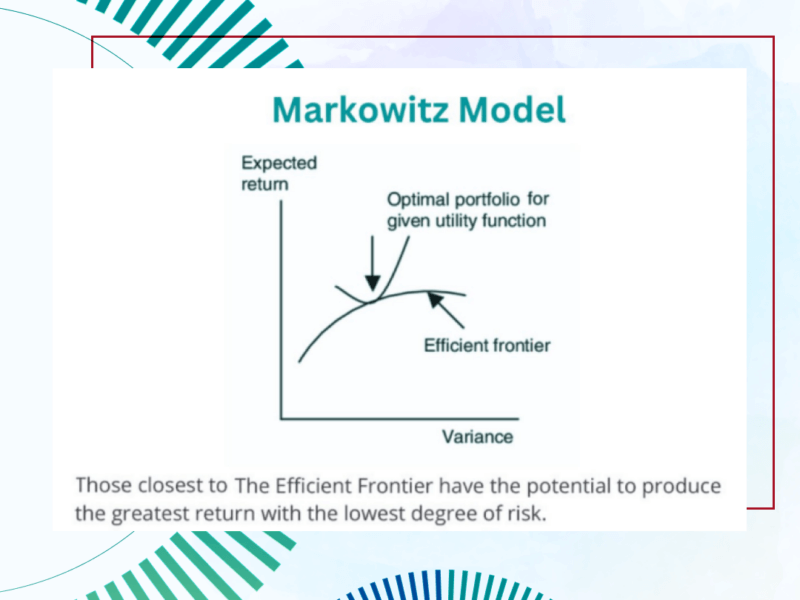The accurate prediction of stock prices is one of the keys to successful trading. With the advances in computational technology, the implemented Machine Learning (ML) algorithms being the core of Artificial Intelligence (AI) can help to determine price patterns and predict future movements.
Several ML algorithms have been introduced. Some are based on technical analysis – indices and indicators. In contrast, others can be based on fundamental analysis evaluating micro- and macroeconomic indicators and consumers’ behavior and reaction.
The abovementioned types of analysis have always been competing in their explanatory and prediction power. When it comes to ML and AI, along with the choice of data, the choice of the ML algorithm comes on the stage, too. Nowadays, there are several ML algorithms performing more or less effectively in particular market conditions. The most frequently used ML algorithms are neural network (NN), artificial neural network (ANN), random forest (RF), support vector machine (SVM), and naive Bayesian.
The models can be divided into 2 categories:
1. сlassification models that are trained to give the signal (buying, selling, or holding stock)
2. regression models that can predict future stock prices.
One recent research was dedicated to determine what data (from technical or fundamental analysis) and what type of algorithms present more accurate results.
ML, based on technical analysis of Apple stocks, exploited open, high, low prices, the moving average, MACD, and RSI to build a model and predict future closing prices. The linear regression model has demonstrated good prediction results with insufficient error. However, it was losing its predictive power with the extended time range.
ML, based on fundamental analysis of Apple stocks, exploited Tweets, being binary values: 1 for positive sentiment and 0 for a negative impact of Tweet. ML prediction gave the correct trading signal: buying, selling or holding. The best performing model appeared SVC with an accuracy of 76%.
The application of ML is highly varied and not limited in terms of data, accuracy, and technics. The hybrid models based on technical and fundamental analysis give the best predictions.
Risk Warning: The information in this article is presented for general information and shall be treated as a marketing communication only. This analysis is not a recommendation to sell or buy any instrument. Investing in financial instruments involves a high degree of risk and may not be suitable for all investors. Trading in financial instruments can result in both an increase and a decrease in capital. Please refer to our Risk Disclosure available on our web site for further information.



I think that some big hedge funds or financial establishments are already applying AI in their investing activities.
but for us, mortals, it won’t be available for a long time.
I heard that artificial intelligence and neural networks are one of the future directions in trading in financial markets.
If already neural networks can build the most complex logic chains. They will likely soon be able to make effective predictions in the stock markets.
You’d better think on your own and don’t be guided by this. Market makers will never let you forecast the market better. It’s your job. Your brain is the number one trading tool and not neural networks.